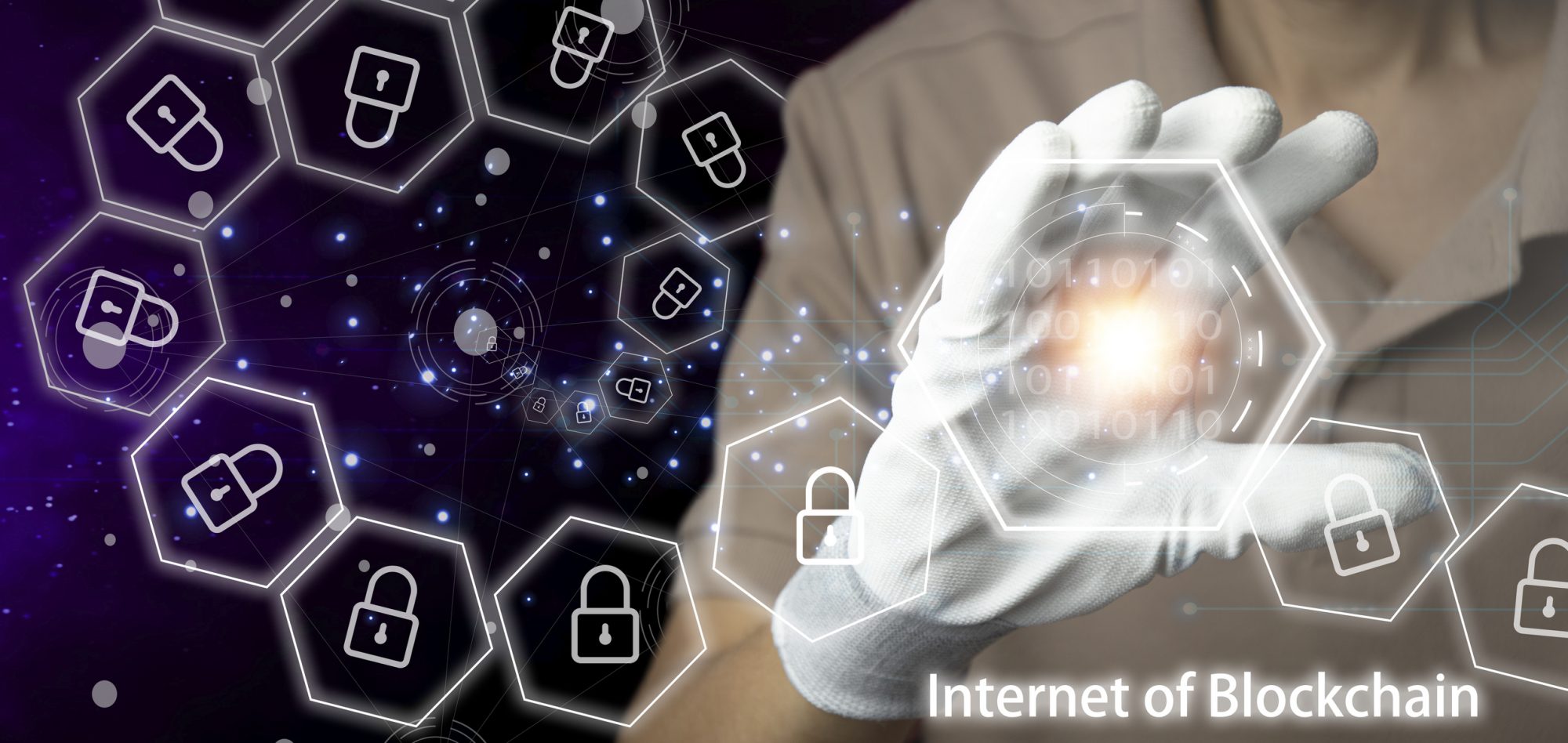In tech and cybersecurity, change is constant, and evolving is necessary for business protection. It’s time to future-proof your business against evolving cyber threats by using data loss protection (DLP)
Even setting aside the pressure of competing with cybercriminals, technology is always moving forward to be more efficient and convenient, offer a better user experience and even patch bugs. There is no one-and-done solution for any technology, especially not for security.
This is why it is vital to prioritise security and to future-proof your business.
What is future-proofing, and why is it needed?
You might now be wondering what it means to future-proof your business — well, let us explain:
Future-proofing refers to “a form of strategic planning” that considers the fact that technology and business will continually change over time and attempts to approach business operations—including technology and cybersecurity—to adapt and evolve.
This can mean many things, depending on the company’s available resources, limitations, short- and long-term goals, and sensitive assets.
When it comes to cybersecurity, it often boils down to implementing security solutions, measures, and policies that will allow for change down the line when it is needed.
Future-proofing can be driven by many goals and areas of concern, including fostering a good customer experience, relationships with partners and stakeholders, and defending the organisation against cyberattacks and accidental data breaches.
No matter what a company sees as its top priority, it is crucial to consider the organisation’s longevity and attempt to preempt some of the changes that are likely to occur.
There are many factors to consider when planning this, including economic trends, cyber threats, technology, and political and environmental concerns.
How can you future-proof your business?
To future-proof your business, it is essential to consider different angles and methods for ensuring the company’s long-term wellbeing.
Many ways a business can be future-proofed are also good business practices for other reasons.
Establishing strong partnerships with different companies can increase your reach and fortify your standing as an organisation in the long run while also being mutually beneficial short term.
Hiring proactive and forward-thinking employees, working to increase customer retention rates, and using sustainable business practices can all contribute to the long-term welfare and adaptability of your organisation, fostering a better work environment, saving money, and even increasing revenue.
Cybersecurity-minded future-proofing requires forethought regarding making security measures and practices adaptable to various potential developments.
One of the most significant factors in future-proofing data loss prevention (DLP) is ensuring that your business utilises thorough and accurate data classification and tagging practices.
This can help with the long-term sustainability of your DLP solution by making it much easier to adapt certain features over time as needed, such as altering access controls and keeping up with compliance regulations.
It also makes for better data for artificial intelligence (AI) to be trained on, leading to more effective AI technology.

The importance of data loss protection
A good future-proofing strategy and a good DLP strategy should be complementary, each feeding into the other in specific ways. Implementing and maintaining a solid data loss protection strategy should always be a security priority, but it is essential in the context of looking toward the future.
The loss of sensitive data, whether through theft, leakage, deletion, or corruption due to a cyberattack or a well-intentioned employee mistake, can be massively detrimental to a company.
If the data loss is terrible, it can even lead to the end of a company; DLP is vital to the longevity and well-being of the business.
Data loss protection is vital to the longevity and well-being of the business
Similarly, future-proofing measures can also fortify your security posture and supplement the DLP solutions that work for your company. By dedicating effort and resources to ensuring that your technology can change to suit your needs, you make it easier to maintain strong security over time.
Employing technology that can scale, adapt, and easily integrate is essential to avoid technological incompatibilities that leave gaps in your security strategy.
Suppose your devices, networks, and software can work with and mould future developments. In that case, you may prevent attacks that take advantage of out-of-date technology and unprotected areas.
The importance of future-proofing your business
To maintain the well-being of your organisation in the long term, it is essential to future-proof your business in all areas of decision-making.
Technology changes quickly, and cyber criminals are always searching for innovative ways to outsmart current security measures, so companies must also consider how to adapt to changes in the threat landscape over time.
A solid data loss protection strategy is essential to the longevity of a business, both to prevent attacks and to keep data conveniently accessible to authorised parties in the long run.
This piece was written and provided by PJ Bradley














